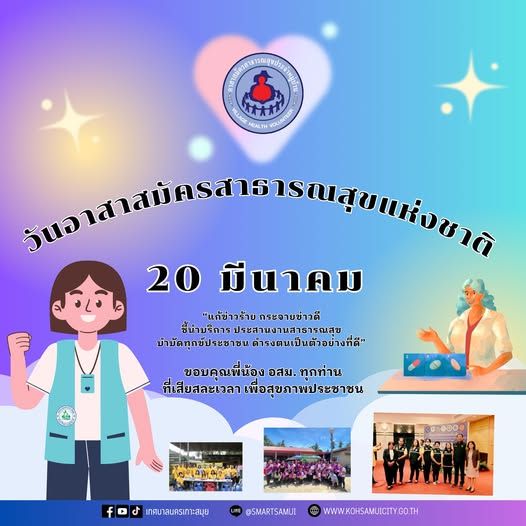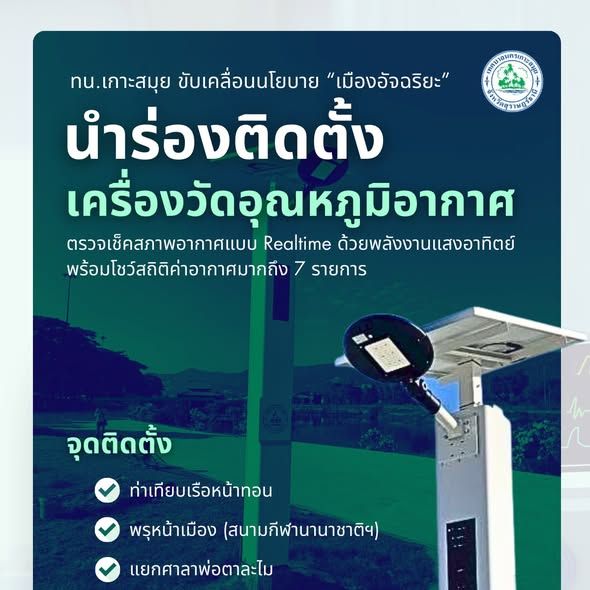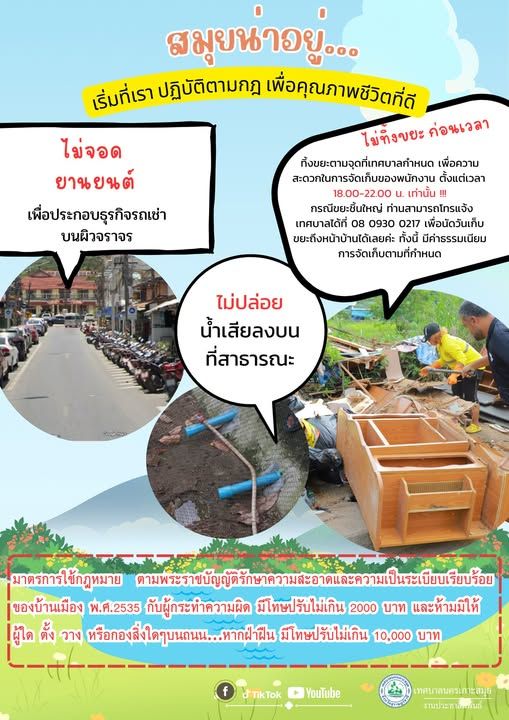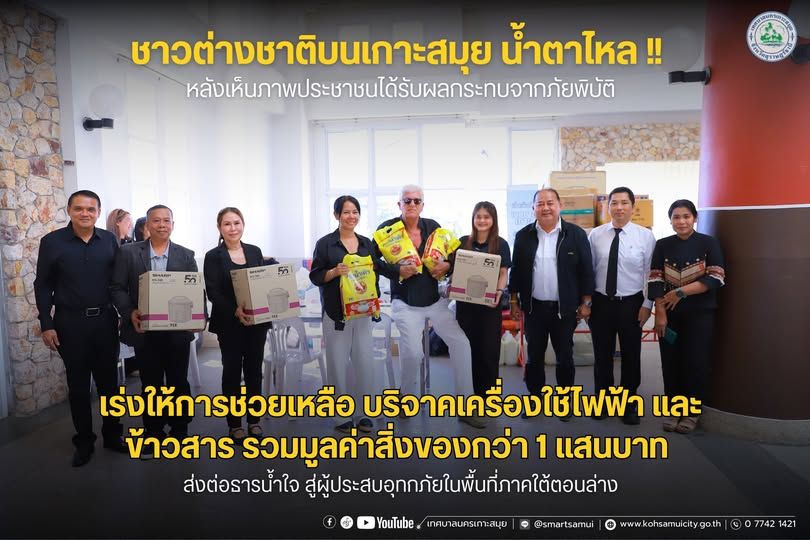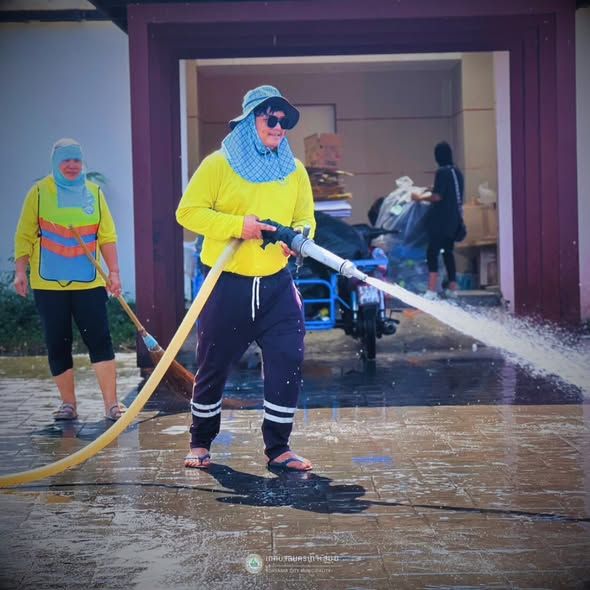Thailand celebrates National Public Health Volunteer Day on March 20th, recognizing the incredible community heroes who provide crucial health support in rural and urban areas. These dedicated volunteers are the unsung champions bridging healthcare gaps and saving lives every single day.
ThaiHealthHeroes #PublicHealthVolunteers #ThailandCommunityHealth #HealthcareHeroes #VolunteerAppreciation #ThailandCommunityService #GlobalHealth #Healthcare #Volunteers #ThailandPride
Introduction
National Public Health Volunteer Day is observed annually in Thailand on March 20. This day is dedicated to recognizing the invaluable contributions of public health volunteers (PHVs) who serve as the backbone of community health initiatives throughout the country. The establishment of this day by the Thai Cabinet underscores the government’s commitment to public health and community empowerment.
Historical Background
The Thai Cabinet officially designated March 20 as National Public Health Volunteer Day on December 21, 1993. The decision was made to promote morale, encourage unity, and honor the efforts of volunteers who devote themselves to enhancing the health and well-being of their communities. Since then, this observance has become an important fixture in the calendar of Thailand’s public health sector.
The Role of Public Health Volunteers
Public health volunteers are community members who receive basic health training and work closely with local health authorities. Their responsibilities include:
- Health Promotion: PHVs educate their neighbors on hygiene, disease prevention, nutrition, and healthy lifestyles.
- Disease Surveillance: They help monitor outbreaks of diseases, report cases, and assist in containing the spread of illnesses.
- Support During Health Campaigns: PHVs are instrumental in national vaccination drives, health screenings, and other public health initiatives.
- First Response: In emergencies, PHVs provide first aid, basic medical assistance, and support to affected families.
- Bridging Gaps: They serve as a link between the community and healthcare professionals, ensuring that health services reach even the most remote areas.
Impact on Thai Society
The network of public health volunteers is a cornerstone of Thailand’s effective healthcare delivery, especially in rural and underserved regions. Through their engagement, PHVs help to:
- Lower rates of communicable diseases
- Increase vaccination coverage
- Improve maternal and child health
- Enhance community awareness about health issues
Their grassroots approach enables cultural sensitivity and a deep understanding of local challenges, making their work particularly effective.
Recognition and Support
On National Public Health Volunteer Day, various government agencies and local organizations express their appreciation for the dedication and hard work of PHVs. Events may include:
- Ceremonies to honor outstanding volunteers
- Training sessions and workshops to enhance volunteer skills
- Community health fairs and educational activities
- Public acknowledgments and thank-you messages from local authorities
Municipalities, such as Koh Samui, take this opportunity to publicly thank their volunteers and highlight their crucial role in building a healthier society.
Training and Development
To ensure that PHVs are effective in their roles, the Ministry of Public Health and related agencies regularly organize:
- Basic and advanced health training courses
- Workshops on new health threats and emerging diseases
- Leadership and communication skills development
- Continuous education to keep volunteers updated on best practices
Challenges Faced by Volunteers
Despite their importance, PHVs often encounter challenges such as:
- Limited resources and support in remote areas
- Exposure to occupational risks and health hazards
- Balancing volunteer responsibilities with personal and family commitments
- Need for ongoing training and up-to-date information
Efforts are underway to address these challenges through increased funding, better resource allocation, and enhanced support systems.
The Future of Public Health Volunteering in Thailand
With the evolving landscape of public health—shaped by factors like emerging diseases, urbanization, and aging populations—the role of public health volunteers continues to expand. Digital tools and new training methodologies are being introduced to help PHVs meet modern health challenges more effectively.
National Public Health Volunteer Day remains a key occasion to reaffirm the value of these volunteers and inspire more citizens to join the ranks of those working to safeguard the nation’s health.
Frequently Asked Questions
National Public Health Volunteer Day in Thailand: FAQ
What is the significance of National Public Health Volunteer Day in Thailand?
National Public Health Volunteer Day, observed on March 20th, honors the essential contributions of public health volunteers (PHVs) throughout Thailand. Established by the Thai Cabinet in 1993, this day recognizes volunteers who serve as vital links between communities and healthcare systems. By promoting health education, disease prevention, and emergency response, PHVs play a foundational role in improving healthcare access, particularly in rural and underserved areas. The day serves both to appreciate their selfless service and to inspire continued public health engagement.
What are the main roles and responsibilities of Thailand’s public health volunteers?
Public health volunteers in Thailand are community members trained to support local health needs. Their key responsibilities include:
- Health Education: Teaching healthy habits, hygiene, and disease prevention.
- Disease Surveillance: Monitoring outbreaks and reporting health concerns to authorities.
- Supporting Health Campaigns: Assisting with national vaccination drives and health screenings.
- Emergency Assistance: Providing first aid and support during crises.
- Bridging Healthcare Gaps: Ensuring health services reach even the most remote and marginalized communities.
These roles make PHVs indispensable for effective public health delivery and community resilience.
What challenges do public health volunteers face, and how are they supported?
Despite their vital role, PHVs often encounter several challenges:
- Limited Resources: Especially in remote areas, volunteers may lack necessary supplies and infrastructure.
- Occupational Risks: Exposure to illness and health hazards is a constant concern.
- Balancing Commitments: Many volunteers must juggle their community duties with personal and family obligations.
- Need for Continuous Education: Keeping up with emerging health threats requires ongoing training.
To address these issues, the Ministry of Public Health provides regular training, workshops, and leadership development. Government and local organizations also recognize volunteers through ceremonies and public acknowledgments, especially on National Public Health Volunteer Day, supporting morale and community appreciation.
#ThaiHealthHeroes #VolunteerAppreciation #PublicHealthVolunteers #HealthcareHeroes #ThailandPride
